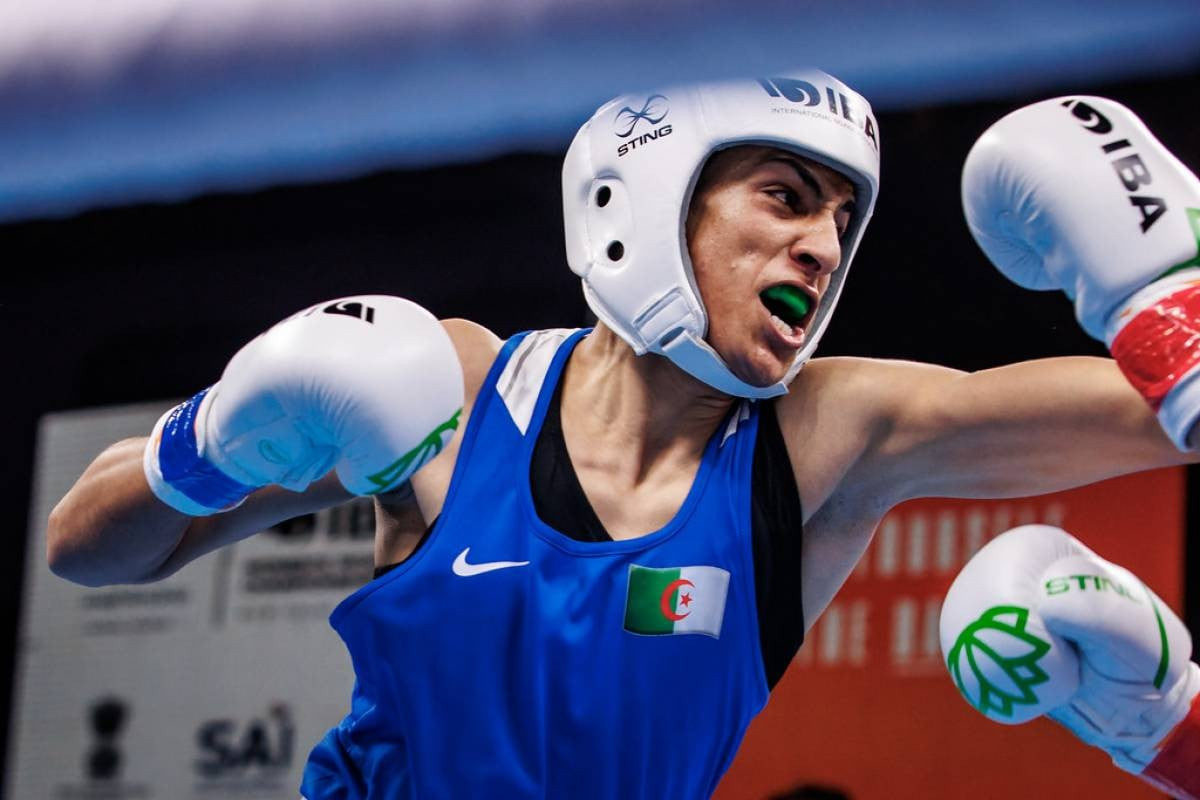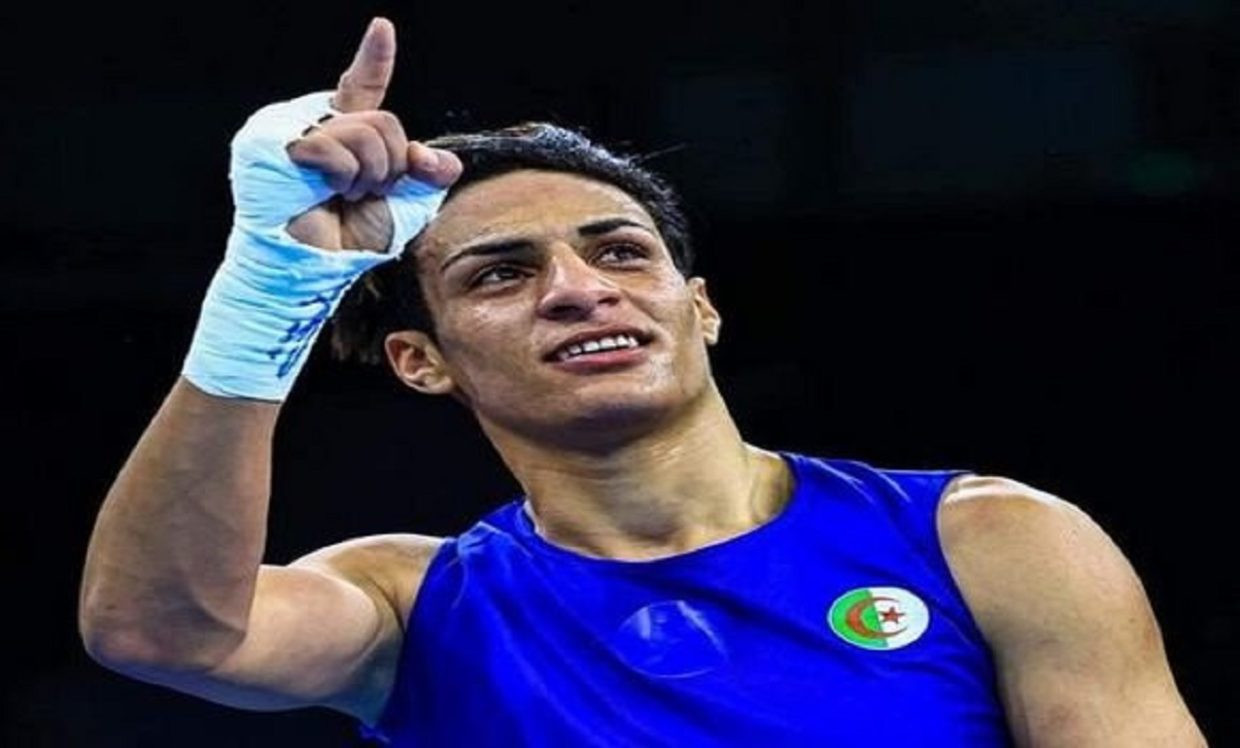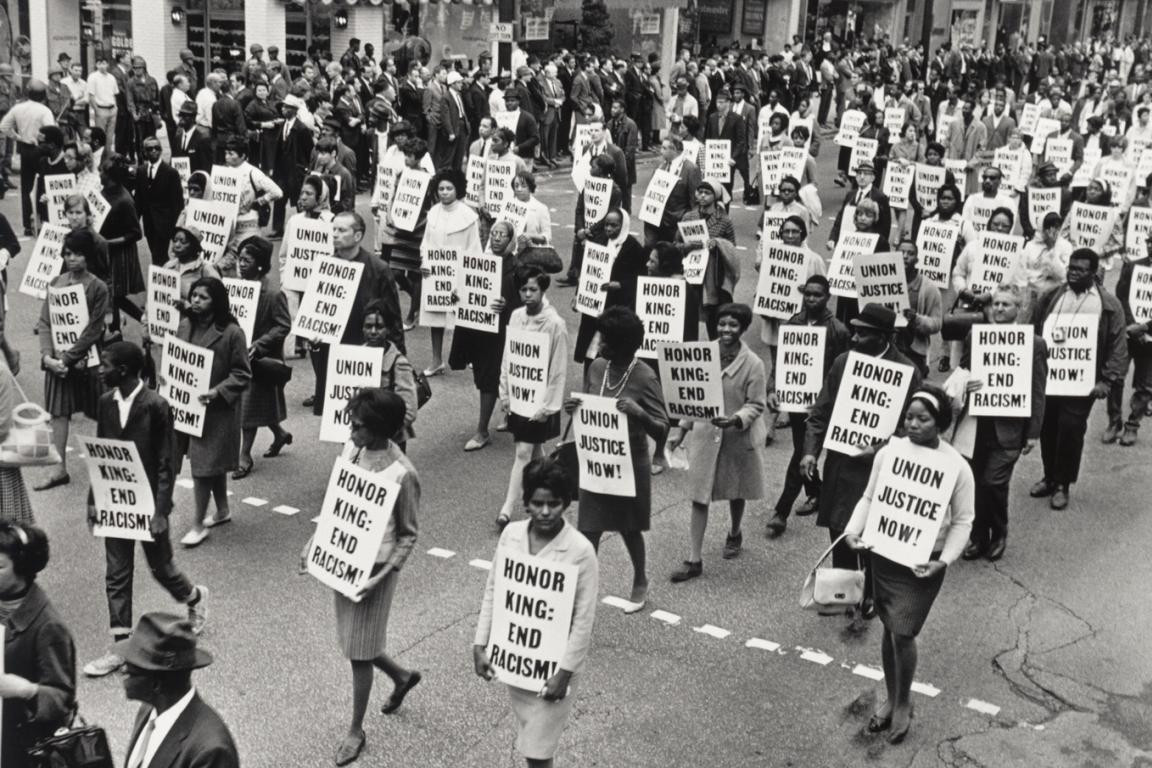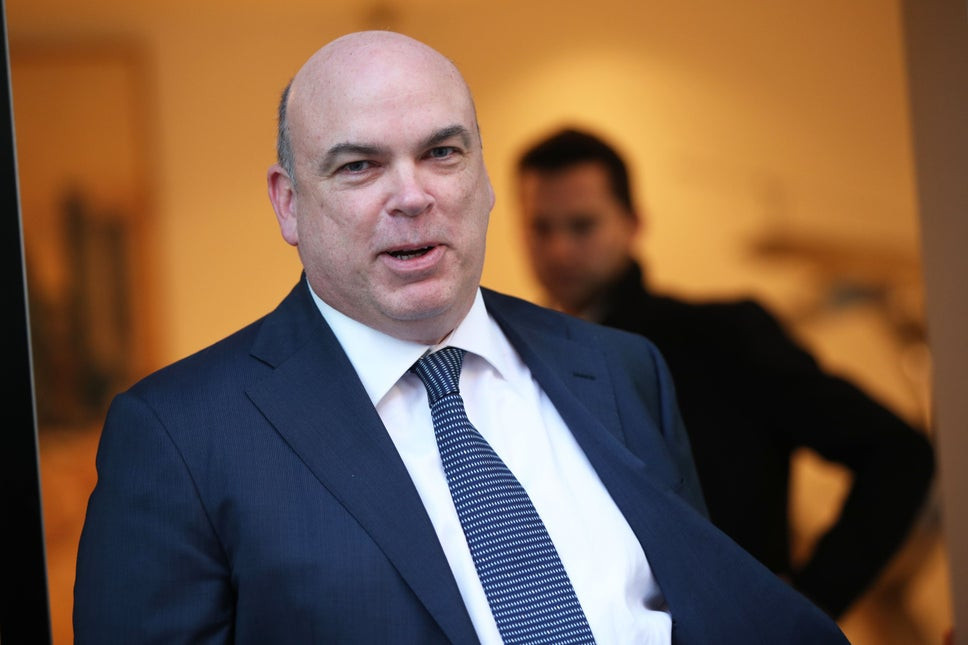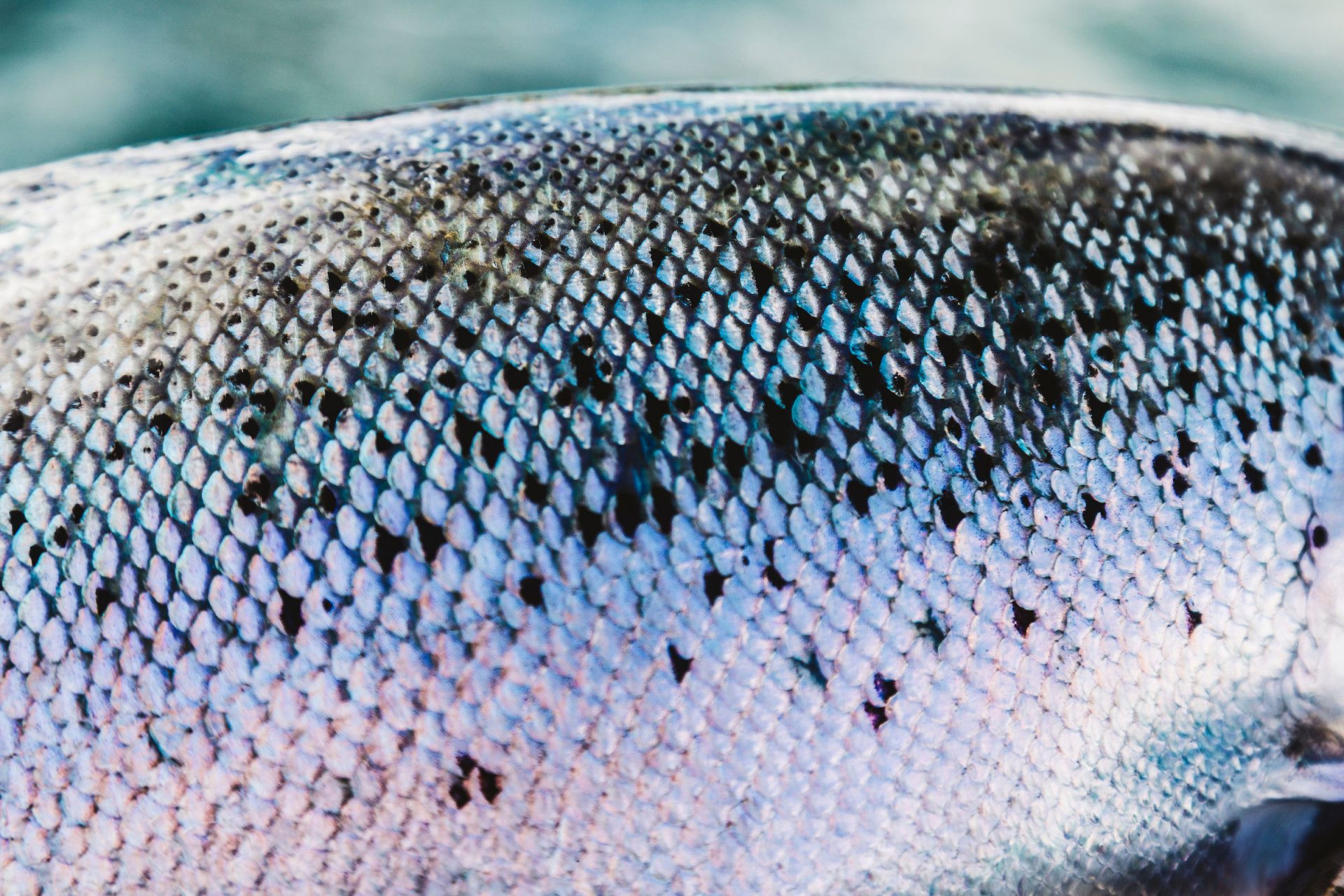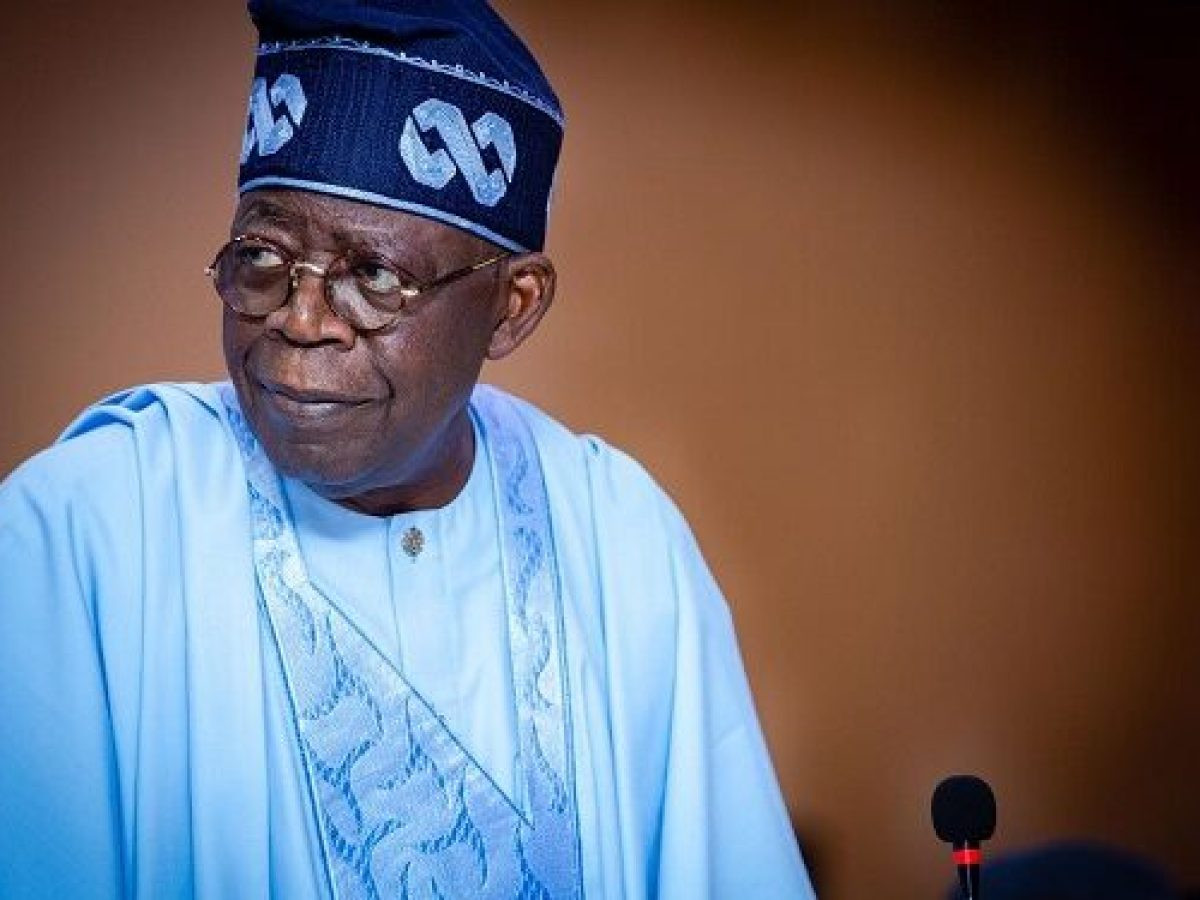Algerian Boxer Imane Khelif Sparks Outrage But IOC Defends Decision
Algerian welterweight Imane Khelif’s win over Italy’s Angela Carini in the women’s boxing quarterfinal on Thursday sparked a whirlwind of controversy and criticism. Khelif, who previously failed to meet gender eligibility tests, was cleared to compete in Paris by the International Olympic Committee (IOC), prompting a barrage of online backlash, with notable figures such as Elon Musk and J.K. Rowling voicing their dissent.
The controversy stems from reports that Khelif, along with Taiwanese boxer Lin Yu-ting, failed to meet gender eligibility tests at the Women’s World Boxing Championships in New Delhi last year. Despite this, both athletes were cleared to compete in Paris, adding fuel to the fire of a long-standing debate surrounding gender inclusion in sports.
IOC President Thomas Bach Defends Decision
In response to the mounting criticism, IOC President Thomas Bach defended the decision to allow Khelif and Lin to compete, stating that “there was never any doubt about them being women.” Bach emphasized that both athletes were born female, raised as women, hold female passports, and have competed in women’s divisions for years.
“We have two boxers who were born as women, who have been raised as women, who have a passport as a woman, and who have competed for many years as women,” said Bach. “All this hate speech, aggression and abuse...is totally unacceptable.”
Khelif's Father Speaks Out
Amidst the global outrage, Khelif’s father, Amar Khelif, came to his daughter’s defense, slamming the debate surrounding her gender and praising her as a “champion.” He emphasized that his daughter has always competed in women's events and has dedicated her life to boxing.
“Having such a daughter is honorable because she is a champion,” he told Reuters. “The attacks against her are immoral, it is not fair, Imane is a little girl that has loved sport since she was 6 years old.”
The Controversy Continues
Despite the IOC's stance and the support from Khelif's family, the controversy surrounding her participation in the Paris Olympics continues to swirl. The debate highlights the complexities surrounding gender identity and inclusion in sports, raising crucial questions about fairness, eligibility, and the interpretation of gender in the world of athletic competition.
Beyond the Boxing Ring
While the focus has been on the boxing ring, the ongoing debate has wider implications for the future of sports and the way gender is defined and understood in the context of athletic competition. This is not merely a matter of individual athletes but a broader societal conversation about inclusivity, fairness, and the ever-evolving landscape of gender identity in the 21st century.
The Paris Olympics has become a platform for this complex discussion, prompting a global dialogue about how to navigate the delicate balance between ensuring fair competition and promoting inclusivity in the world of sports. The debate is likely to continue long after the Games conclude, forcing us to confront the intricacies of gender identity and its impact on the future of sports.
A Legacy of Controversy
The controversy surrounding Khelif's participation in the Paris Olympics is not an isolated incident. Similar debates have erupted in recent years, most notably involving South African runner Caster Semenya, whose participation in women’s races was challenged due to her naturally high testosterone levels. These controversies have highlighted the need for a more nuanced and compassionate approach to gender in sports, recognizing the complexities of human biology and identity.
A Call for Dialogue and Understanding
Moving forward, it is crucial to engage in open and respectful dialogue about gender in sports. We must acknowledge the diversity of human experiences and strive for solutions that uphold both fairness and inclusivity. While the debate surrounding Khelif's participation may be contentious, it offers a unique opportunity to move the needle on a critical conversation and work towards a future where all athletes, regardless of their gender identity, are welcomed and celebrated for their achievements.
Moving Forward: Towards a More Inclusive Future in Sports
As the Paris Olympics unfolds, we are witnessing not only athletic achievements but also the evolution of our understanding of gender and its role in sports. While the debates surrounding athletes like Imane Khelif and Lin Yu-ting are complex and often divisive, they present an opportunity for us to reexamine our assumptions and to work towards a more inclusive and equitable future for all athletes.
The conversations surrounding gender in sports are far from over, but the Paris Olympics has provided a powerful stage for these discussions. Through open dialogue, empathy, and a commitment to fairness, we can strive for a future where the pursuit of athletic excellence is accessible to all, regardless of their gender identity.




